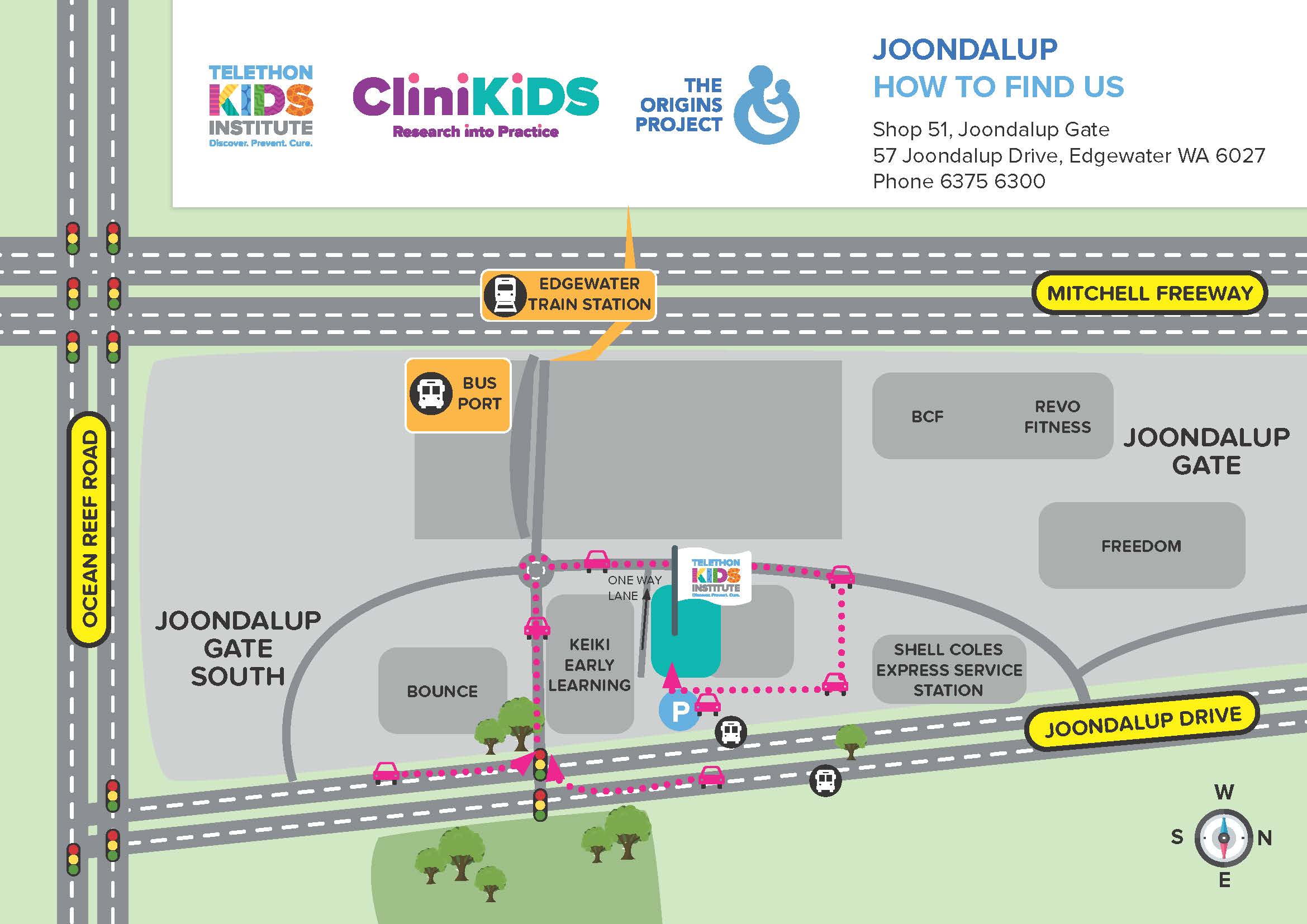Search
Showing results for "1"

News & Events
New Home for ORIGINSThe Kids Joondalup will be the new home for the ORIGINS research and data teams
Research
Empowering Social Competence: A Scoping Review of Digital Social Skills Training InterventionsEffective social skills are essential for functional social support, help-seeking, and resource access. Digital social skills training plays a key role in empowering individuals to develop social competence, improve access to various support and resources, and enhance locus of control through dynamic media.
Research
A cluster randomized trial of interferon ss-1a for the reduction of transmission of SARS-Cov-2: protocol for the Containing Coronavirus Disease 19 trial (ConCorD-19)SARS-CoV-2 infection rapidly spreads in populations due to the high rates of community transmission. Interrupting the shedding of SARS-CoV-2 may reduce the incidence of Coronavirus Disease 19 (COVID-19).
Research
Phage cocktail amikacin combination as a potential therapy for bacteremia associated with carbapenemase producing colistin resistant Klebsiella pneumoniaeThe increasing occurrence of hospital-associated infections, particularly bacteremia, caused by extensively drug-resistant (XDR) carbapenemase-producing colistin-resistant Klebsiella pneumoniae highlights a critical requirement to discover new therapeutic alternatives. Bacteriophages having host-specific bacteriolytic effects are promising alternatives for combating these pathogens.
Research
Following in Banting’s footsteps or straying from the path? Observations from contemporary diabetes innovationWhile advancements in the treatment of diabetes continue to rapidly evolve, many of the newer technologies have financial barriers to care, opposing the egalitarian ethos of Banting who sold his patent on insulin for a nominal cost to allow it to be made widely available. Inequity in access to new therapies drives disparity in diabetes burden with potential for these gaps to widen in the future.

Despite the risk of having a hypo (low blood glucose levels), Gina said she refused to let T1D stop her from exercising.

Changes in airway inflammation with pseudomonas eradication in early cystic fibrosis Background: Neutrophil elastase is a significant risk factor for
We described the occurrence of scoliosis in Rett syndrome, how it develops and how it is influenced by the individual's age, mutation type, and walking ability.
Research
Randomized controlled trial of text message reminders for increasing influenza vaccinationWe conducted a randomized controlled trial of short message service (SMS) reminders for influenza vaccination.
Research
Parental pre-pregnancy BMI is a dominant early-life risk factor influencing BMI of offspring in adulthoodParental pre-pregnancy body mass index and rapid early-life weight gain predispose offspring to obesity in adulthood
